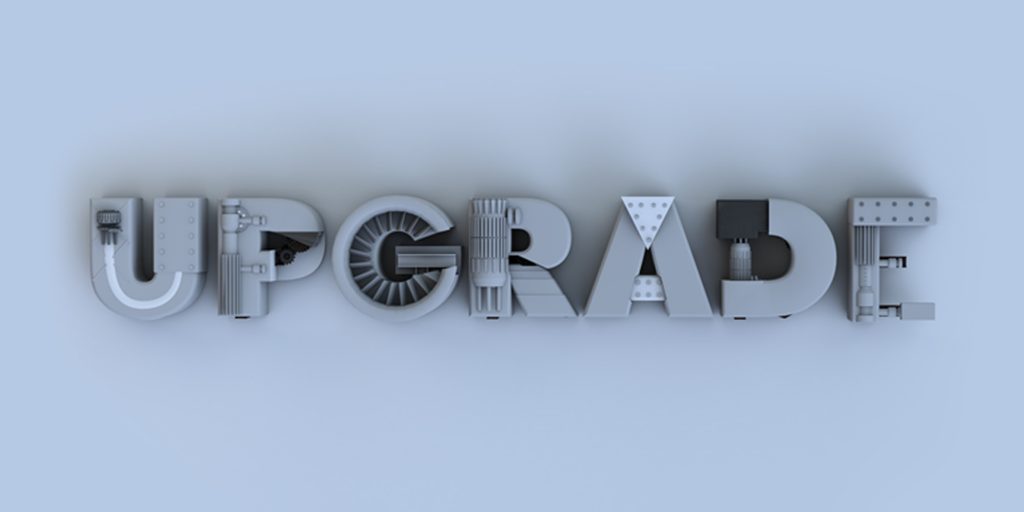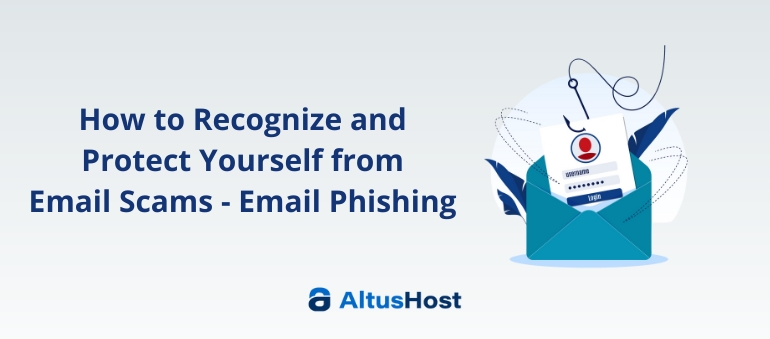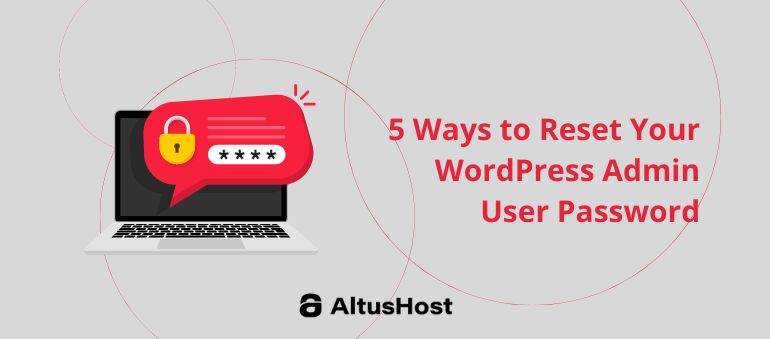You probably encountered something like this when you googled something – the first few results that came up seemed viable, but for some reason, one of the top titles didn’t seem like a good fit. If the page doesn’t answer your query as well as other results, that means that the wrong page is ranking for the keywords you entered in the search bar, and it is usually not intentional.
It happens every now and then that a website experiences this type of problem. You have a site with a section or page that specifically exists to answer a particular query, however, another page from your site comes up as a result for that search query. This is bad, because if the page displayed does not adequately address the query in question, then it can hurt your click-through rate and conversion rate. So, in the event that you are encountering this problem, here’s what you should do to get the page you want to be displayed in search results.
Pinpoint The Problem

The first thing to do is to closely scrutinize this problem; if you notice your page is ranking for a query you don’t want to rank for, then you need to find the relevant page for that search. In the event that you do not have a relevant page, then the course of action is quite obvious; you create a relevant page. If you do a good job at this, your new page is likely to be indexed very soon and pop up in the search results. This means that you need to create an insightful article with quality external and internal links leading to and coming from it as well. You need to use right keywords for the query as well as topic relevant keywords, and maybe add a video or infographic, etc.
In the event that you have a relevant page, but it is not displayed, it could indicate a different problem. It basically means that you have indexing or crawling or perhaps content and linking issues on your page. This can happen if you blocked the page using robots.txt, and therefore google can’t crawl it. Moreover, the indexing problem can occur because there is a meta robots tag, or it could just be that the content itself is not crawlable by Google. Perhaps all you have on your page is image content, or the problem is located behind a complex JavaScript framework, so Google can’t access it at all.
Another reason why your existing page is not ranking the way you want it is because it lacks unique and valuable content. Google doesn’t feel that it deserves to be indexed and ranked. It can be any of these issues, so make sure you thoroughly look into this problem.
Improve The Relevant Page
If the rankability of a desired page is overwhelmed by another page on your site, then one of the solutions is to bolster the relevance of the desired page. The same thing applies if you do not have a page in the first place. You need to create one that has greater relevance for the query than the one that is already ranking for it. The most efficient way to go about this issue is to use as many ranking signals as possible on your page.
In order to create valid ranking signals, you need to have quality content on your page, i.e. you need to use the right keywords you want to rank for, and you also need to find out other topic relevant keywords google expects to see on a page that ranks for a particular keyword phrase. You can find out more about topic relevancy here.
This way, you will also ensure the content is insightful and relevant, which reduces the chances of a higher bounce rate. Additionally, you need internal links that point to that page, but you also need to make sure that these links are natural and come from the right places on your website.
External link signals may also be the cause of this problem, and if a lot of external links are pointing to the wrong page, that can overwhelm everything else. You can use Open Site Explorer, Majestic or Ahrefs to help you discover how many links are pointing to the wrong page and how many of them lead to the right one. If there is a way to contact external linkers, you need to do so and see if they can redirect their link to the right page.
With this type of rearrangement, the ranking for the desired page should improve, and if you create a completely new page, then make sure you get some external links leading to it.
Alter The Irrelevant Page
This is quite unusual and uncommon advice from an SEO perspective, but it’s still a viable solution to your problem. If your page has a lot of ranking signals that overwhelm a more relevant page, then you can always degrade the non-relevant one, and lower the amount of ranking signals it generates. The easiest thing to do is to take away the keywords and all of its related terms, so that the engine can’t parse them as easy as before.
You can use other synonyms or simply paraphrase those texts, so that they don’t lose their relevancy. Also, you can exchange words for images, infographics or videos; this way, it’s still relevant and useful, but it only has less ranking signals.
Much like with the previous example, you can rearrange internal links so that more of them that are leading to irrelevant pages are now switched to the one that is relevant. Remember to use adequate anchors and arrange your content so that the whole action doesn’t seem forced. Like it was stated in the previous example, you should also have external links redirected to the relevant page, so that it all evens out in a way.
Do not shy away from contacting bloggers; just say that they are linking to the wrong page, and that you have a link that is more relevant. So, it’s in everyone’s best interest to smooth things out and to have more viable and reliable sources.
Again, it’s not common SEO practice to reduce the ranking of one page, but if it’s really important and if it can actually hurt your CTR and conversion, then why not; the more relevant page should rank better.
If Those Methods Fail
The last thing you can do, and it’s still as effective as the previously mentioned methods, is to redirect the page. This is called 301 redirecting, and it basically means that any link that leads to the original page, or anyone who clicks on the original page, is redirected to the more relevant page. The problem with this is that maybe people who are interested in the content that was on the original page are not visiting a different one. As far as the original page is concerned, you should basically recreate it, but you need to modify its content a bit.
It’s important that you do not make the exact same copy because it might confuse Google. Your 301 redirect will be visible, but they still might think you want to continue to rank the same old page; you just moved it, so they might use the new page in the search results, which will make all of you efforts null and void.
So, continue to 301 redirect from an old page to a more relevant one, and then modify the old page and give it a new home on your site. Of course, if you no longer need the old page because the new one is superior in every aspect, then don’t bother. Do this only if you intended for the first page to be an answer to another query.
As you can see, there are numerous reasons why a problem of such nature can occur, but it’s not something you need to panic about. It’s an issue that is quite manageable; all you need to do is pinpoint the source of the problem and take adequate action. Go through the links provided in the text to gain further knowledge on how to manage topic relevancy, how to redirect to the correct page, or how to deal with the problem if the page is not crawlable.
The author is highly qualified and writes blog posts weekly.





